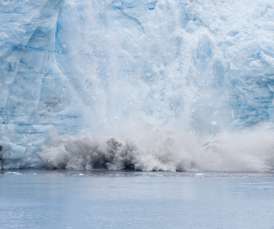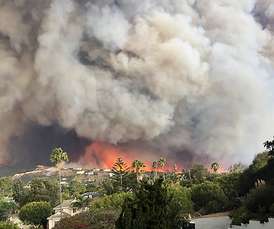IPCC report: The 10 key conclusions
Business Green
AUGUST 9, 2021
Perhaps most worrying of all, impacts such as sea level rise, ocean acidification, and permafrost melt are now inevitable and near-irreversible within timespans stretching from hundreds to potentially thousands of years, leaving only their extent open to question. Natural carbon sinks become less effective as emissions rise.














Let's personalize your content